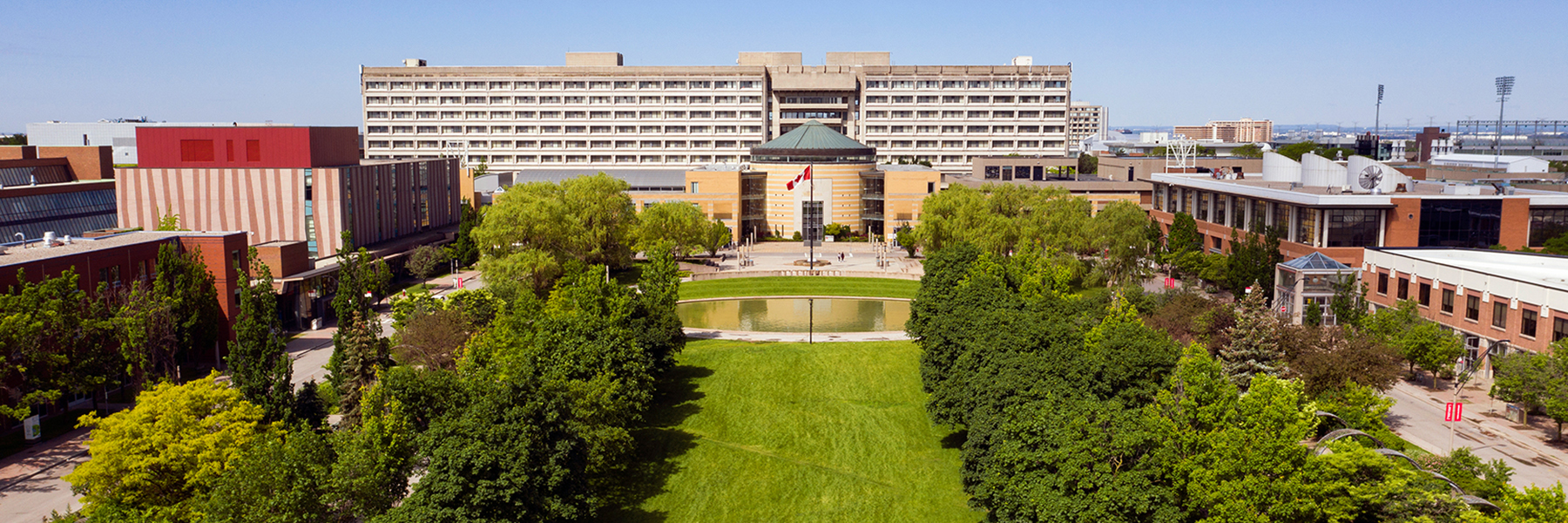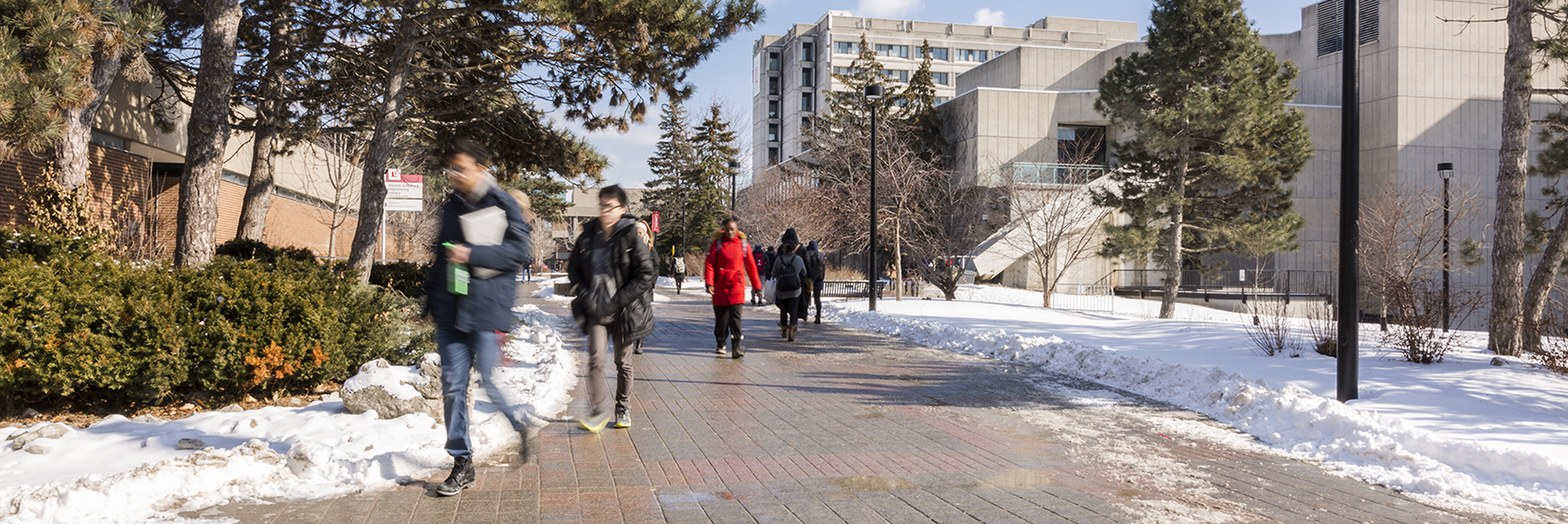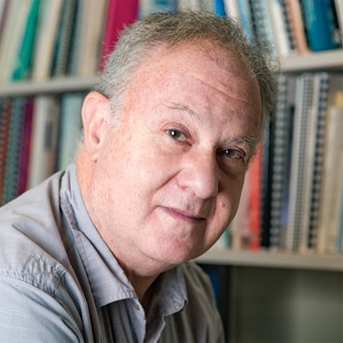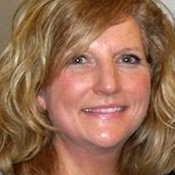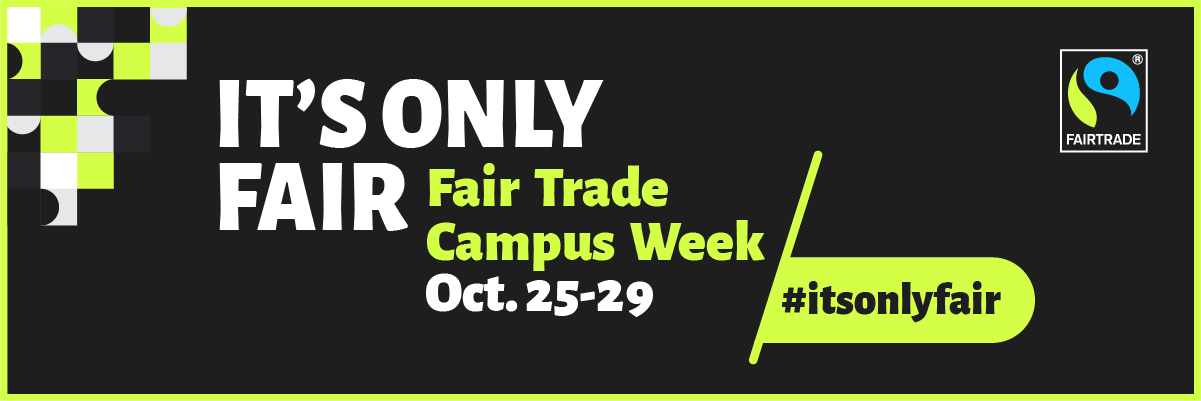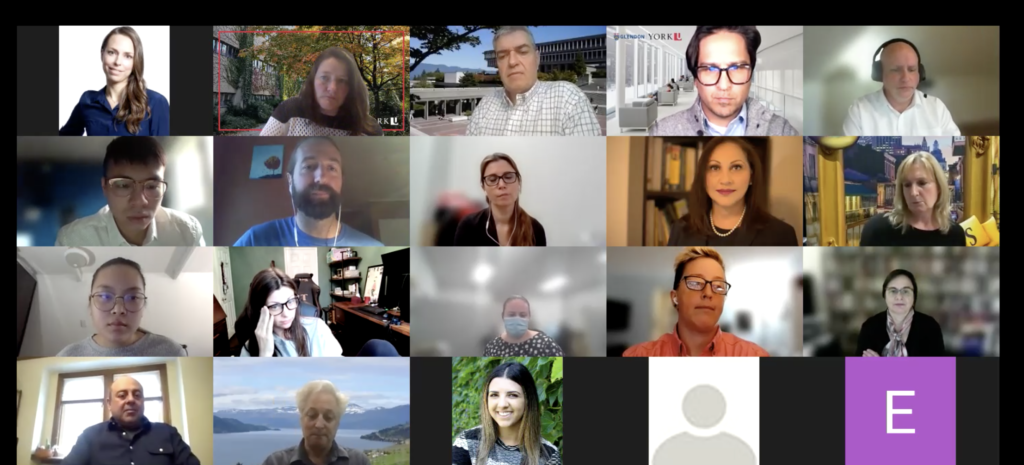La version française suit la version anglaise.
Dear colleagues,
I am delighted to announce that York University will be hosting the 2023 Congress of the Humanities and Social Sciences, in partnership with the Federation for the Humanities and Social Sciences.
Congress is the largest academic gathering in Canada, and one of the largest in the world. The event brings together approximately 70 academic associations from a wide spectrum of disciplines in the humanities and social sciences, including literature, history, theatre, film studies, education, music, sociology, geography, social work and many others.
This will be the first in-person Congress held in four years. From May 27 to June 2, 2023, York’s Keele and Glendon campuses will be host to more than 10,000 scholars, graduate students and practitioners in the humanities and social sciences. The event will adhere to all public health guidelines and, building on the Federation for the Humanities and Social Sciences’ successful virtual Congress in 2021 and its commitment to increasing accessibility, the conference will include robust virtual components.
I am also pleased to announce that York’s academic convenor for Congress 2023 will be Dr. Andrea Davis, associate professor in the Department of Humanities, Faculty of Liberal Arts and Professional Studies. Most recently, Dr. Davis served as special advisor on the Faculty’s Anti-Black Racism Strategy, a position that was developed by the Dean’s Office as part of the Faculty’s comprehensive response to combatting anti-Black racism.
Dr. Davis’s research is rooted in a strong anti-racist feminist theoretical framework that analyzes questions of race and gender through a focus on the literary and cultural productions of Black women. Her forthcoming book, Horizon, Sea, Sound: Caribbean and African Women’s Cultural Critiques of Nation, imagines new reciprocal relationships among Black, Indigenous and other racialized women.
Dr. Davis established and coordinates the Black Canadian Studies Certificate at York and is co-editor of the Journal of Canadian Studies. She is also former Chair of the Department of Humanities and former academic colleague on the Council of Ontario Universities.
As the University’s lead ambassador, Dr. Davis’ first tasks for Congress 2023 will be to reach out to community members for input and engagement on this exciting opportunity to showcase the University’s longstanding leadership in the humanities and social sciences, and to advance broad themes that resonate with our University Academic Plan 2020–2025: Building a Better Future.
I hope you will join me in congratulating Dr. Davis on her appointment, and supporting this important University initiative. I look forward to joining colleagues from across the University and around the world at Congress 2023.
Sincerely,
Rhonda Lenton
President and Vice-Chancellor
L’Université York annonce qu’elle accueillera le Congrès 2023 des sciences humaines
Chers collègues,
Je suis ravie d’annoncer que l’Université York accueillera le Congrès 2023 des sciences humaines en partenariat avec la Fédération des sciences humaines.
Le Congrès est le plus grand rassemblement universitaire au Canada et l’un des plus grands au monde. Cet événement réunit environ 70 associations universitaires issues d’un large éventail de disciplines des sciences humaines et sociales, notamment la littérature, l’histoire, le théâtre, les études cinématographiques, l’éducation, la musique, la sociologie, la géographie, le travail social et bien d’autres encore.
Ce sera le premier congrès en personne depuis quatre ans. Du 27 mai au 2 juin 2023, les campus Keele et Glendon de York accueilleront plus de 10 000 universitaires, diplômés et praticiens des sciences humaines et sociales. L’événement respectera toutes les directives sanitaires et, s’appuyant sur le succès du Congrès virtuel 2021 de la Fédération des sciences humaines et sur son engagement à accroître l’accessibilité, il comprendra de solides composantes virtuelles.
J’ai également le plaisir d’annoncer que la responsable académique de York pour le Congrès 2023 sera la Dre Andrea Davis, professeure associée du Département des sciences humaines de la Faculté des arts libéraux et des études professionnelles (LA&PS). Plus récemment, la Dre Davis a été la conseillère spéciale pour la Stratégie de lutte contre le racisme envers les personnes noires de la Faculté, un poste créé par le Bureau décanal de la Faculté dans le cadre de sa réponse globale à la lutte contre le racisme anti-Noirs.
Les recherches de la Dre Davis s’inscrivent dans un cadre théorique féministe antiraciste qui analyse les questions de race et de genre en se concentrant sur les productions littéraires et culturelles des femmes noires. Son livre à paraître, Horizon, Sea, Sound : Caribbean and African Women’s Cultural Critiques of Nation, imagine de nouvelles relations réciproques entre les femmes noires, autochtones et autres femmes racialisées.
Dre Davis a créé et coordonne le certificat d’études canadiennes des Noirs à York et elle est corédactrice du Journal of Canadian Studies. Elle est également une ancienne présidente du Département des sciences humaines et une ancienne collègue du Conseil des universités de l’Ontario.
En tant qu’ambassadrice principale de l’Université, les premières tâches de la Dre Davis pour le Congrès 2023 seront d’aller à la rencontre des membres de la communauté pour obtenir leur avis et leur engagement sur cette occasion passionnante de mettre en valeur le leadership de longue date de l’Université dans le domaine des sciences humaines et sociales et de faire progresser les grands thèmes énoncés dans notre Plan académique universitaire 2020-2025 : Bâtir un avenir meilleur.
Veuillez vous joindre à moi pour féliciter la Dre Davis pour sa nomination et pour appuyer cette initiative importante de l’Université. Je me réjouis de rencontrer mes collègues de l’Université et du monde entier lors du Congrès 2023.
Sincères salutations,
Rhonda Lenton
Présidente et vice-chancelière


